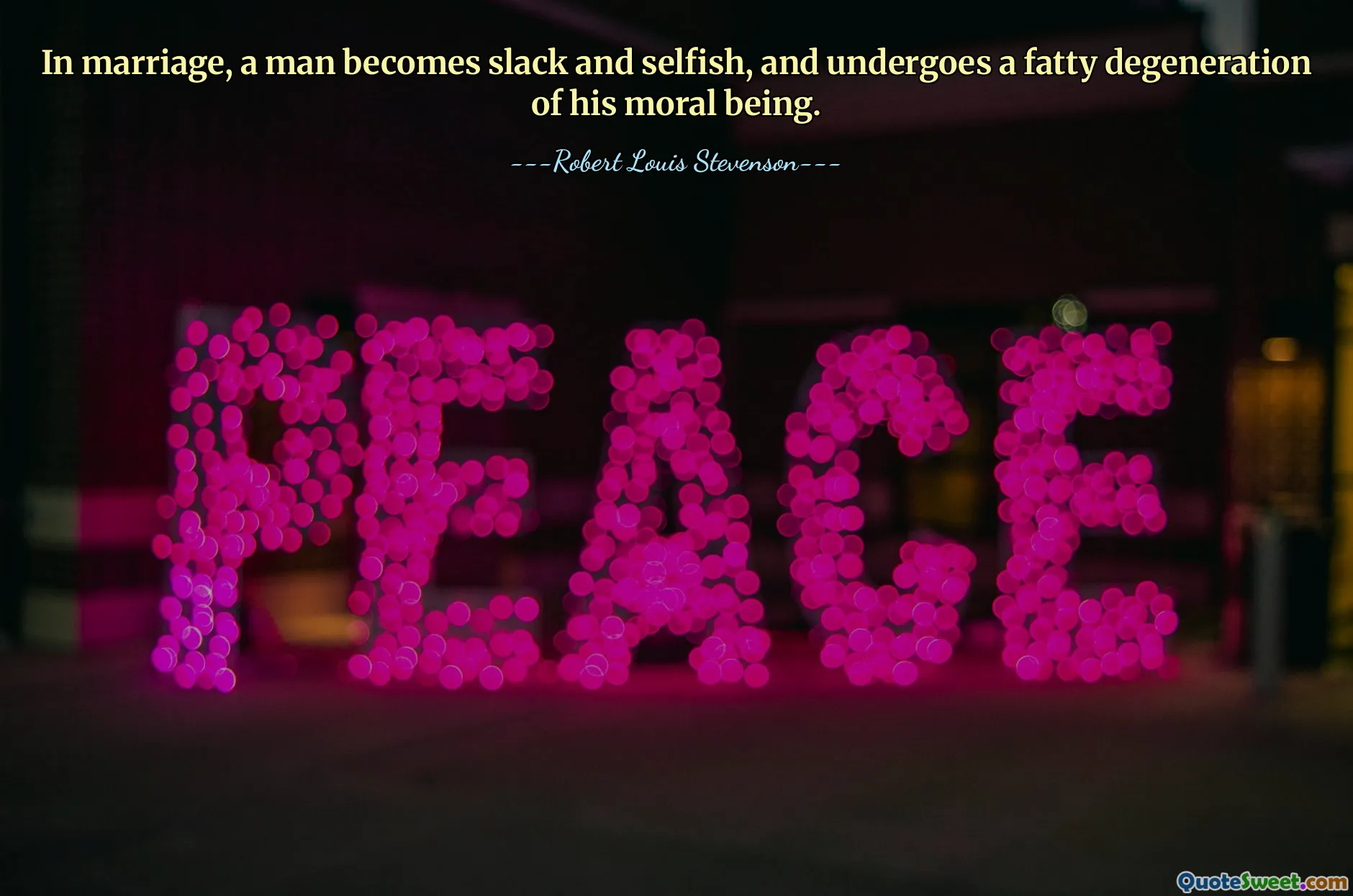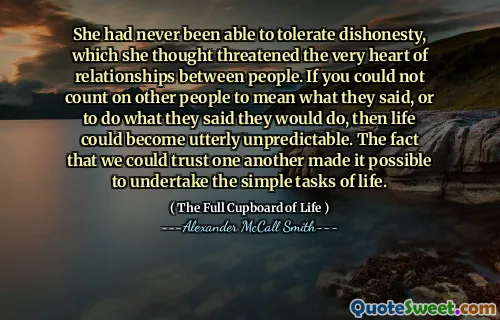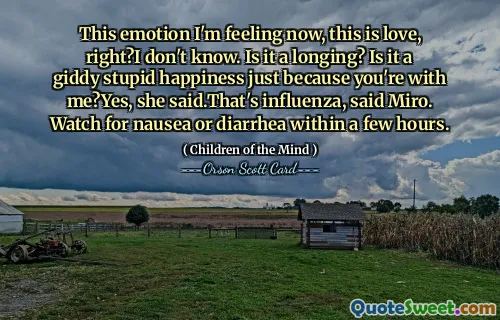
In marriage, a man becomes slack and selfish, and undergoes a fatty degeneration of his moral being.
Robert Louis Stevenson offers a rather stark and critical perspective on the institution of marriage, focusing particularly on its effect on a man's character. At first glance, the quote might seem harsh or overly cynical, suggesting that now married, a man tends to become "slack and selfish," experiencing a "fatty degeneration"—an evocative metaphor implying that the moral fiber or ethical muscle deteriorates under the comforts or constraints of wedlock.
This reflection can be interpreted in several ways. Stevenson may be commenting on the complacency that can develop when one is settled into the routines and security that marriage often brings. The phrase "slack and selfish" points to a decline in effort and consideration, suggesting that after marriage, men might prioritize their own comfort over maintaining their moral and social responsibilities. This critique could stem from observations of societal norms during his time, where marriage was sometimes seen as a contractual or economic agreement rather than purely a loving or equal partnership.
Moreover, the term "fatty degeneration" is a powerful biological reference that vividly illustrates moral weakening in physical terms. It suggests an unhealthy accumulation, a blight that inherently damages the foundation of one’s ethical being. This might imply that moral corruption doesn't just occur in leaps but through gradual, often unnoticed indulgences or neglects.
Reflecting today, Stevenson's quote can spark discussions about how marriage challenges individuals internally. It raises questions about whether marriage inherently encourages selfishness due to dependency and comfort, or if it can be a catalyst for growth and selflessness. It also prompts one to contemplate personal responsibility—how individuals choose to maintain or degrade their ethics within the shifting dynamics of relationships.
Stevenson's remark is undoubtedly a critique but also an invitation to introspect. It pushes us to avoid slipping into complacency or selfishness and to actively nurture our moral courage and integrity, regardless of our marital status. It might invite discussions on the importance of self-awareness and effort in sustaining healthy, morally grounded relationships, which can enrich rather than diminish our personhood.
In essence, while his language is provocative, it serves as a cautionary reminder about the guardianship of our character amidst life’s comforts and commitments.











